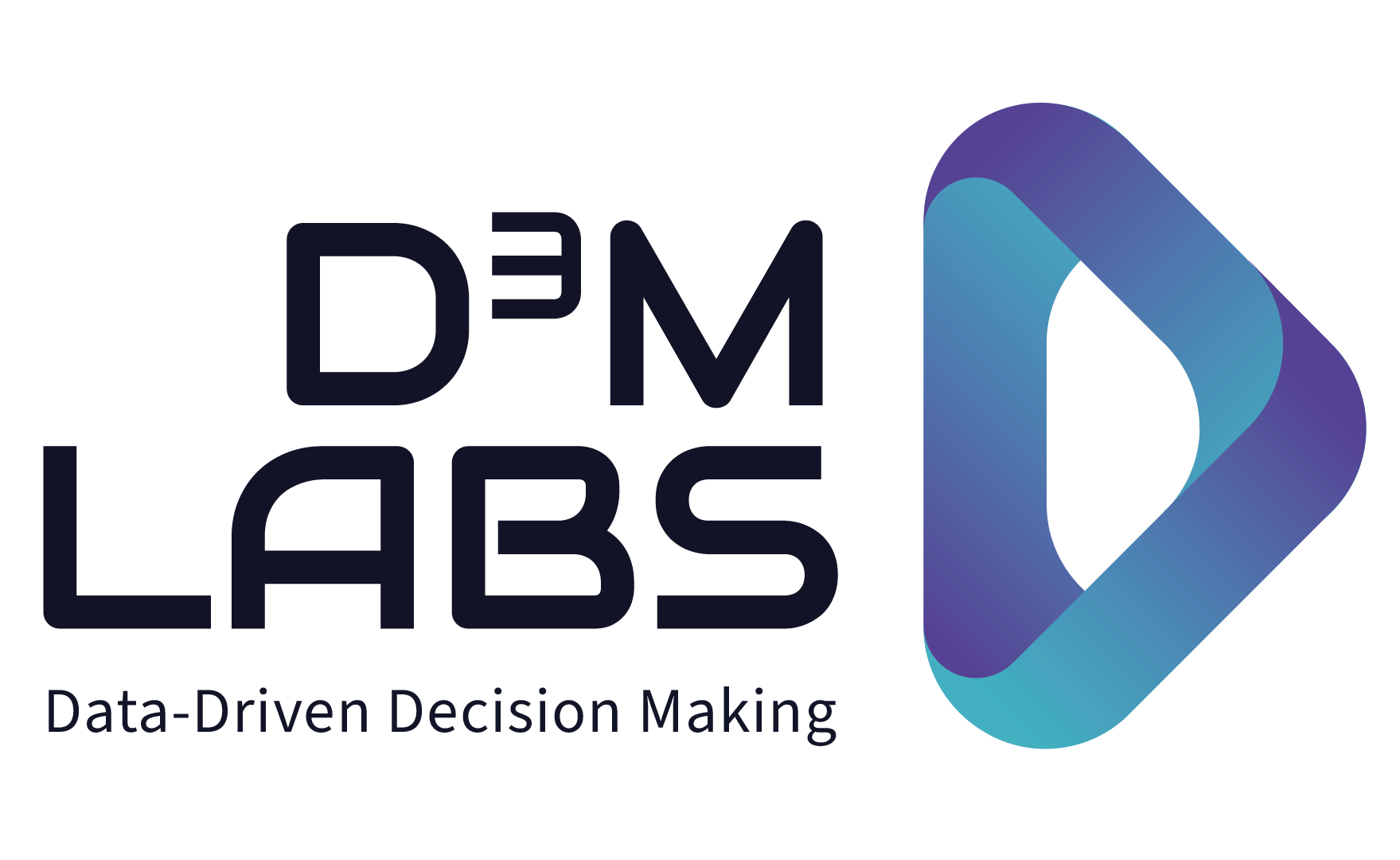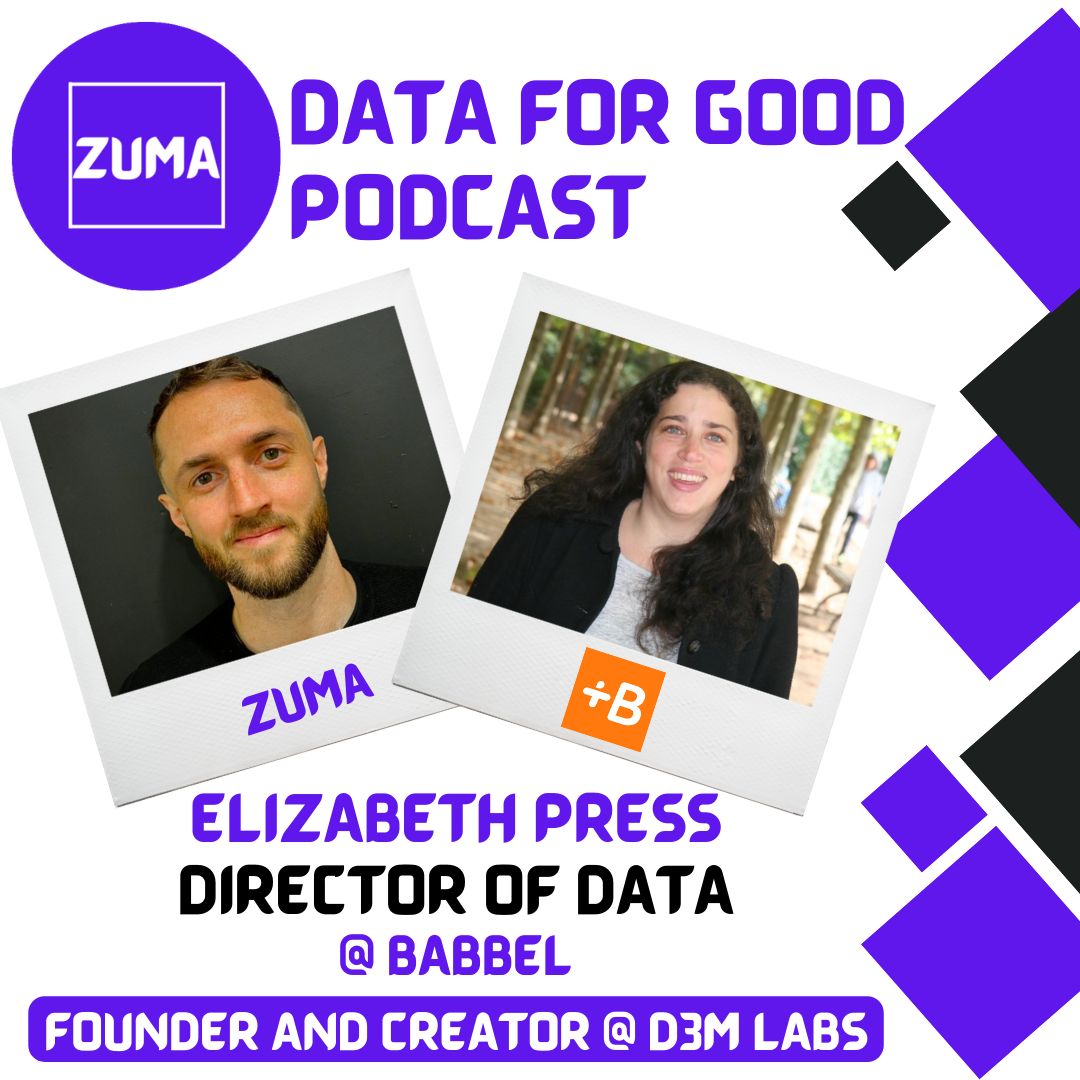Matt Brady, Founder of Zuma Recruitment, and I recently talked on Data for Good about Data Strategy and how it adds the most value when integrated into the overall strategy of the company. We discussed how the data team can best be a strategic partner to stakeholders and work together, focusin on the commercial goals of the company. Here is the link to the podcast on Spotify.
Here are some highlights
- The Berlin data scene has historically been very tech-focused, with commercial focus lagging. This has improved over time through internationalization and economic growth of the city. When I first entered the Berlin data scene in 2012, data and business intelligence mostly meant SQL and Google Analytics. The commercialization of the scene was behind that of places such as Frankfurt and Austin, which I had known prior. Historic note, I first came to Berlin in 1998. Due to economic hardships the city faced after the dot.com bust, I pursued my career elsewhere and was in Frankfurt before 2012. As the Berlin economy has grown, so has the commercial orientation of the scene. Albeit the scene is still lagging when it comes to connecting investments in data to business metrics such as revenue growth, cashflow, etc.
- The data strategy should be part of the overall strategy of the company. Often CEOs and members of the C-suite make a company strategy, and the data responsible for the company makes a data strategy in parallel. The data strategy needs to be a part of the holistic business strategy.
- Data teams should look at stakeholder relations as a partnership. The best tool to commence a good relationship is a conversation, maybe over coffee. You don’t have to be personal friends with the stakeholders but building a relationship where both sides appreciate each other is important. Data is often treated as either a concierge service or an ivory tower that shields a black box that others don’t understand.
- OKRs that are worded so that they are as much as possible within the control of data teams is the best way to make value-add of a data team measurable. There is no silver bullet I can tell you, but it is important to have a way to regularly prioritize data activities with stakeholders and get feedback about the contribution data products contribute to business KPIs on a holistic level. It is not about a single person usually, but about how everybody works together.
- Analytics entails defining KPIs and putting those KPIs into context through good visualizations and storytelling. I think UX design and design thinking should also become part of analytics, as a data-as-a-product is delivered through either analysts or self-service that analysts create.
- Data engineering and even data science are more akin to software engineering. As data as a profession matures, topics such as product ownership and operations are gaining increasing importance. DevOps thinking has already influenced data through DataOps and MLOps.
There is not one answer to how an organization should look or how people should work. What is important is to look at best practices out there and what answer best fits the organization – and keeping the agile mindset to learn and adapt in frequent intervals.
Related Links
Blogs
My top takeaaways from the Berlin AI Summit: understand the problem and don’t neglect the operations
Building your company’s first data competency
Operationtal KPIs that will let you know when you data team is adding value
Podcasts

